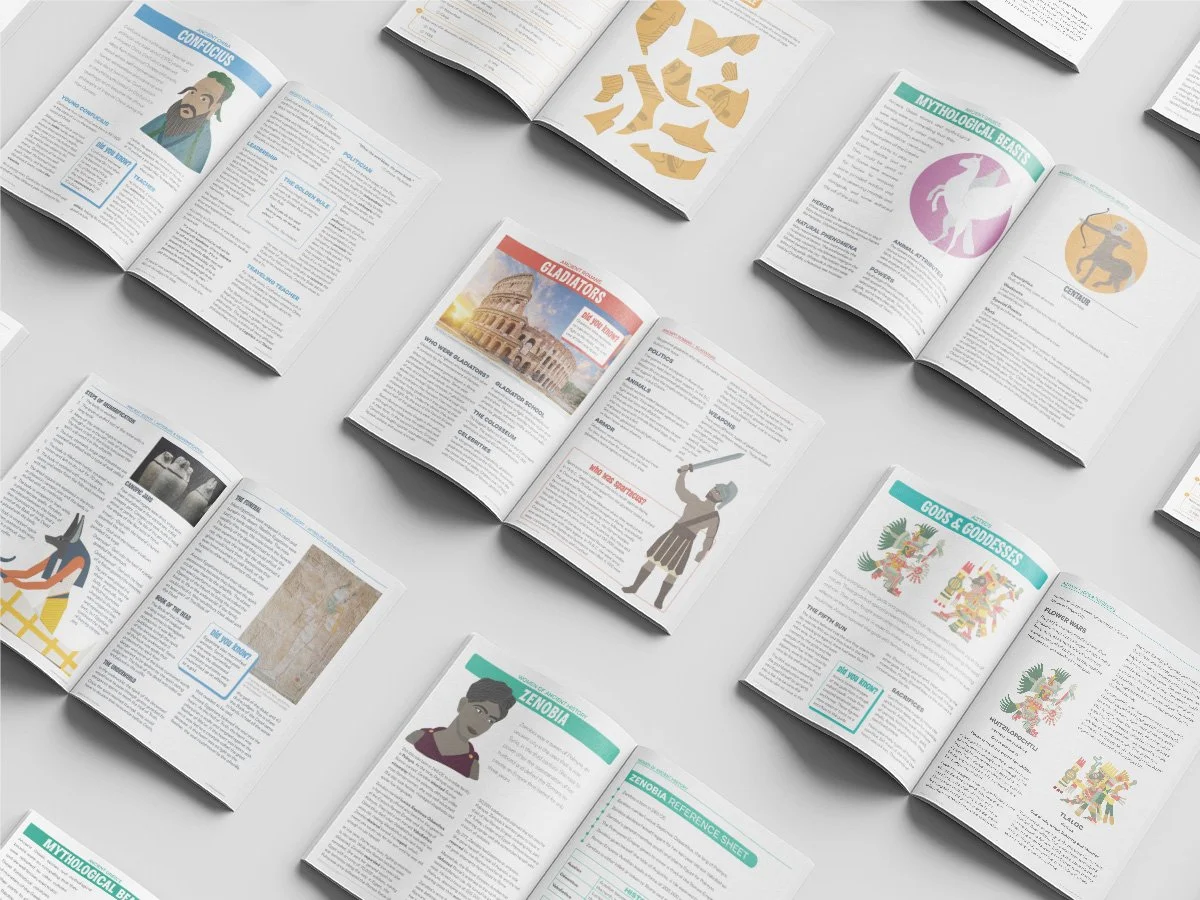
Blog
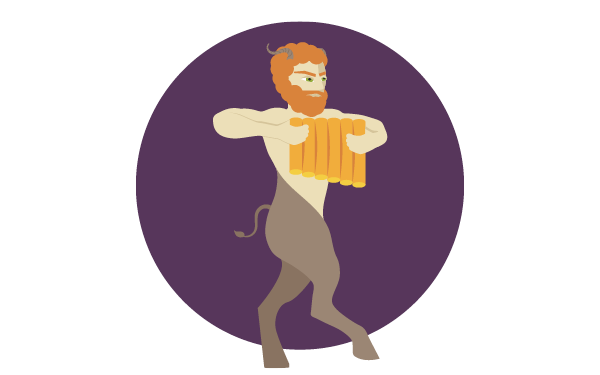
Faun: The Wood Spirits
A farmer named Marcus struggled with his barren land and asked for help from Faunus. A faun led him to a magical spring, promising fertility in exchange for respect and sharing his harvest with the villagers. Marcus's crops flourished, but he hoarded his bounty and dammed the spring.
Angered by his actions, the faun returned, destroying the dam and taking away the magical water. Realizing his mistake, Marcus begged for forgiveness. The faun forgave him, reminding him to share and respect nature, and gave him a small fertile patch of land. From then on, Marcus lived humbly, sharing with the village.
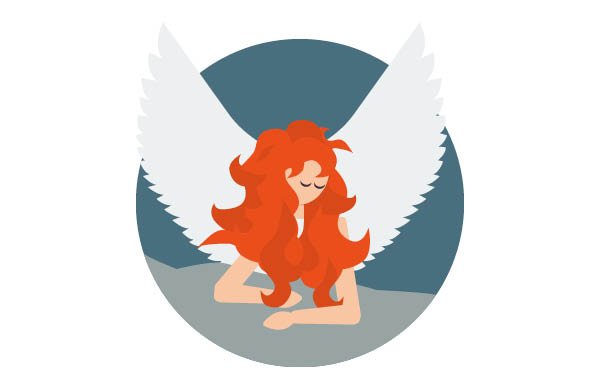
Siren: The Bird-Women
Odysseus was warned about sirens and ordered his crew to plug their ears with wax. But Odysseus was curious about their legendary voices, so he had himself tied to the bow of his ship and instructed his men not to release him, no matter how much he begged.
He told his men that even if he begged to be released, they should only tie him tighter. Sure enough, when he heard the song of sirens, Odysseus begged to be released, but his crew refused to release him until they were out of danger.
After Odysseus escaped unharmed, the sirens, devastated by their failure, threw themselves into the sea, marking the end of their terror.
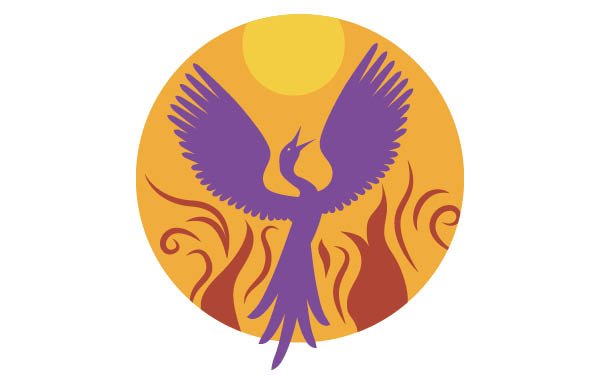
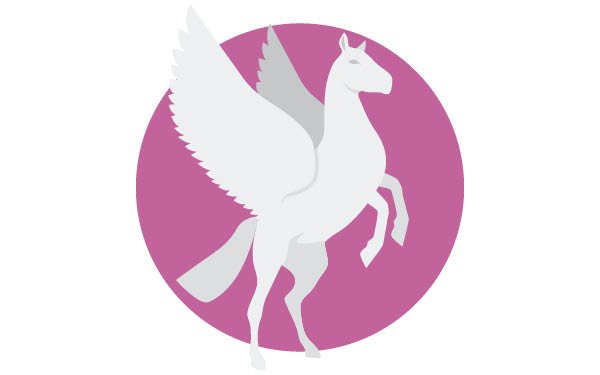
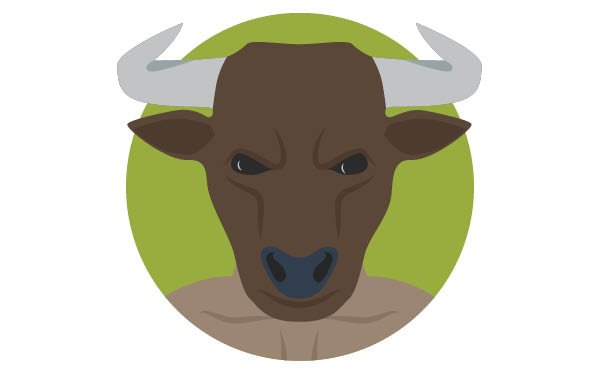
Minotaur: The Bull of Minos
The Minotaur was the son of Minos, the king of Crete, but he had a bad habit of eating people, so he was kept captive in a labyrinth under the city. Seven maidens and seven young men were chosen from Athens every year to feed the beast. One year, the son of the Athenian king, a young man named Theseus, volunteered as tribute. He boasted that he would kill the Minotaur. With the help of Ariadne, the Minotaur's sister, Theseus smuggled a sword into the labyrinth. He unraveled a ball of string as he made his way through the maze until he found the Minotaur. The Minotaur was sleeping, so Theseus slew him easily. He found his way back out of the labyrinth using the trail of string he left behind.
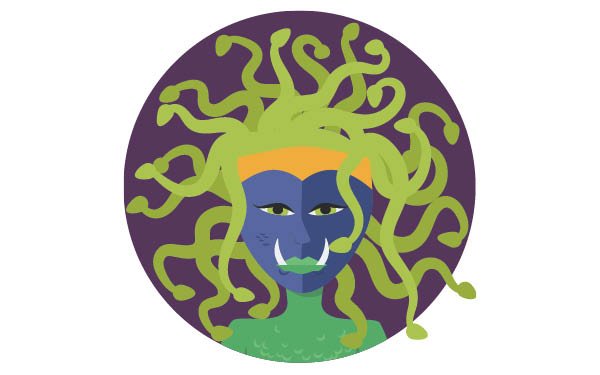
Medusa: The Hideous Gorgon
Perseus, a son of Zeus and a mortal woman, was given a quest to kill Medusa. He used gifts from the gods, a cap of invisibility and winged sandals, to sneak into Medusa’s cave. He heard the Gorgon sleeping, but Perseus knew that he would be turned to stone if he looked at her hideous face. Fortunately for him (not so much for Medusa), Athena appeared and gave him a bronze shield. Perseus used the reflection from the shield so he could see Medusa, and then he cut off her head. Medusa’s children, Pegasus and Chrysaor were born from her neck. Perseus escaped the Gorgon sisters with his cap of invisibility and winged sandals. Medusa’s story doesn’t end there though. Perseus used Medusa’s severed head to turn his enemies to stone before giving the head to Athena.
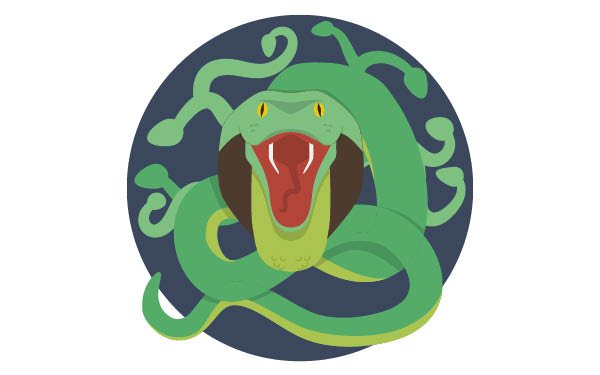
Hydra: The Water Snake
Heracles was tasked with killing the hydra. For this feat, he brought along his nephew, Iolaus. Cleverly, they covered their noses mouths to protect themselves from the deadly fumes of the beast. Heracles cut off one of the monster's heads, but then two head grew back and took its place. He cut off two more heads, and four more grew back. Iolaus figured out he could use a burning torch to seal the neck stumps when Heracles cut off one of the heads so they couldn’t grow back. Heracles put an end to the hydra when he cut off its main head and buried it under a large rock.
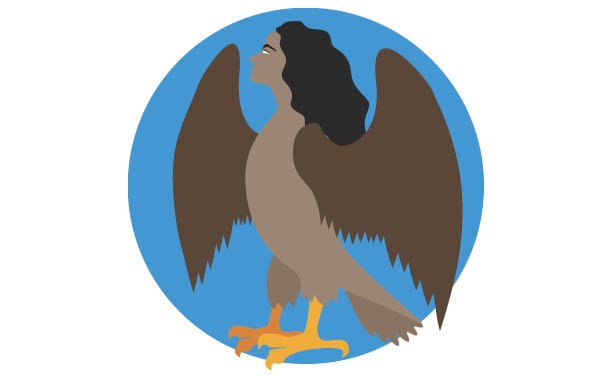
Harpies: The Hounds of Zeus
There was once a king named Phineus who had the gift of prophecy. However, he angered Zeus by revealing the gods' secrets to mortals. As punishment, Zeus blinded Phineus and exiled him to an island. Though the island had plenty of food and wine, whenever Phineus tried to eat, harpies would swoop in and steal his meal. Sometimes, they even replaced his food with something disgusting, mocking him with screeches as he attempted to eat. Eventually, the winged Boreads chased the harpies away, but they stopped after the goddess Iris warned them to leave the harpies alone or face the gods' wrath.
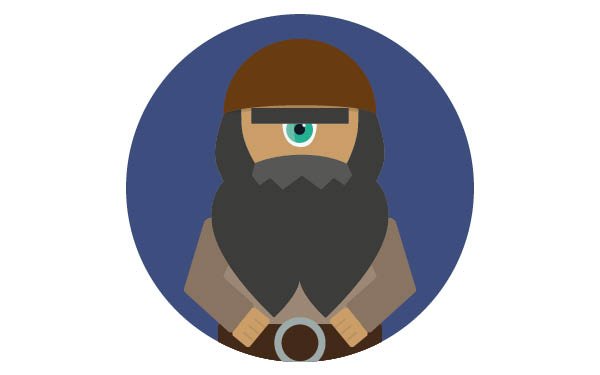
Cyclops: The One-Eyed Giant
After a long sea voyage, Odysseus and his men were happy to find an island. There was even a cave full of sheep. They had a wonderful dinner. The only problem was that the cave belonged to a cyclops. The Cyclops decided to eat the men in exchange for the sheep they took. He ate two men right then and there, then rolled a stone across the entrance so the sailors couldn’t leave. Odysseus knew he needed to come up with a plan. He watched the cyclops roll the stone open every day to let the sheep out and he told the others his idea. That night Odysseus gave the cyclops some wine and when the cyclops fell asleep the sailors stabbed him in the eye with a spear. Now the cyclops was blind. The next day, when the blind cyclops rolled the stone from the door so the sheep could go outside Odysseus and his men were each tied to a sheep and made their escape.
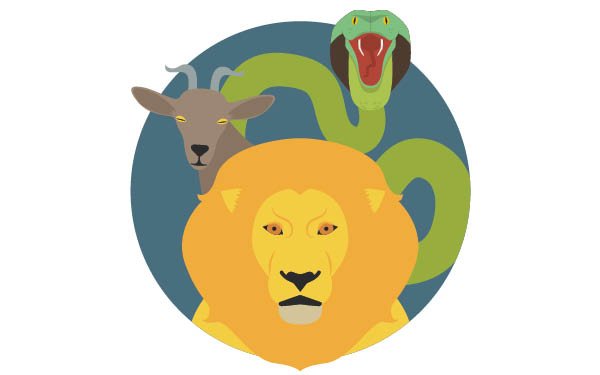
Chimera: The Three Headed Monster
The Chimera was a fire-breathing monster that terrorized the countryside of Lycia. A king commanded a man named Bellerophon to kill the beast. Bellerophon couldn't complete the task on his own, but the goddess Athena helped him tame Pegasus, the winged horse, with a golden bridle. Bellerophon and Pegasus chased the beast, but the Chimera's fire was too fierce for them to face. Bellerophon realized he could use the heat of the fire to his advantage. He put a piece of lead on the end of his spear, and when the Chimera opened its mouth, he stabbed it. The lead melted and the Chimera suffocated, ending its reign of terror.
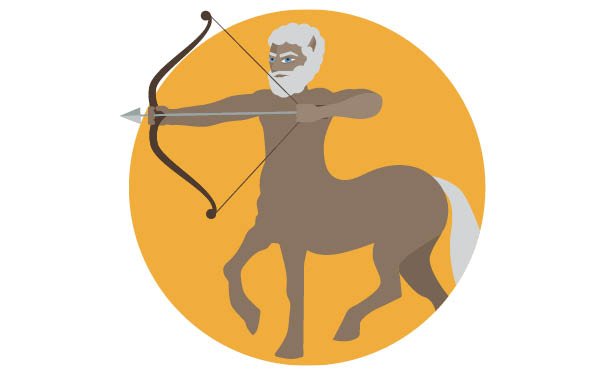
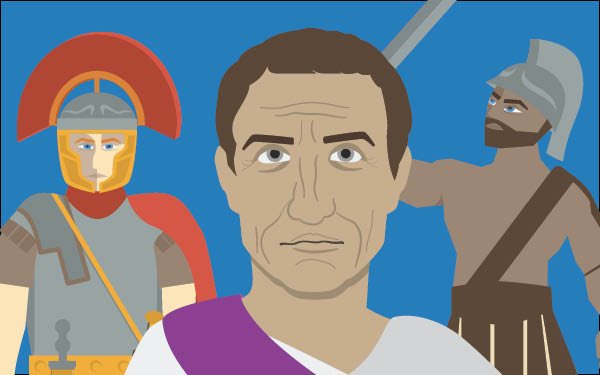
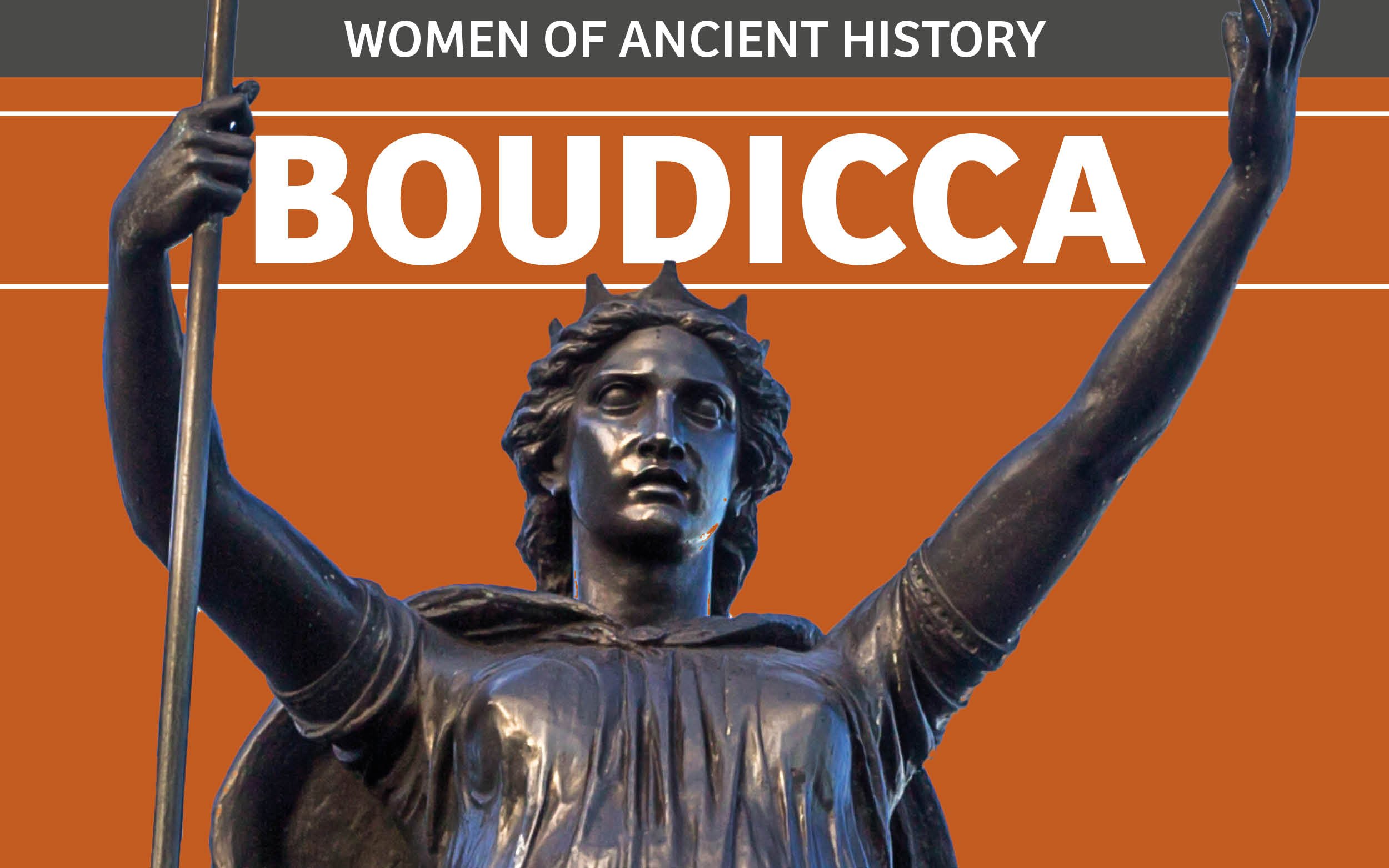
The Woman Who Defied an Empire
Boudicca led the biggest rebellion against the Roman occupation of Britain, amassing an army of 150,000 Britons, defeating the Ninth Legion of the Roman Army and sacking Londinium (London) before her army was finally defeated in the battle of Watling Street.

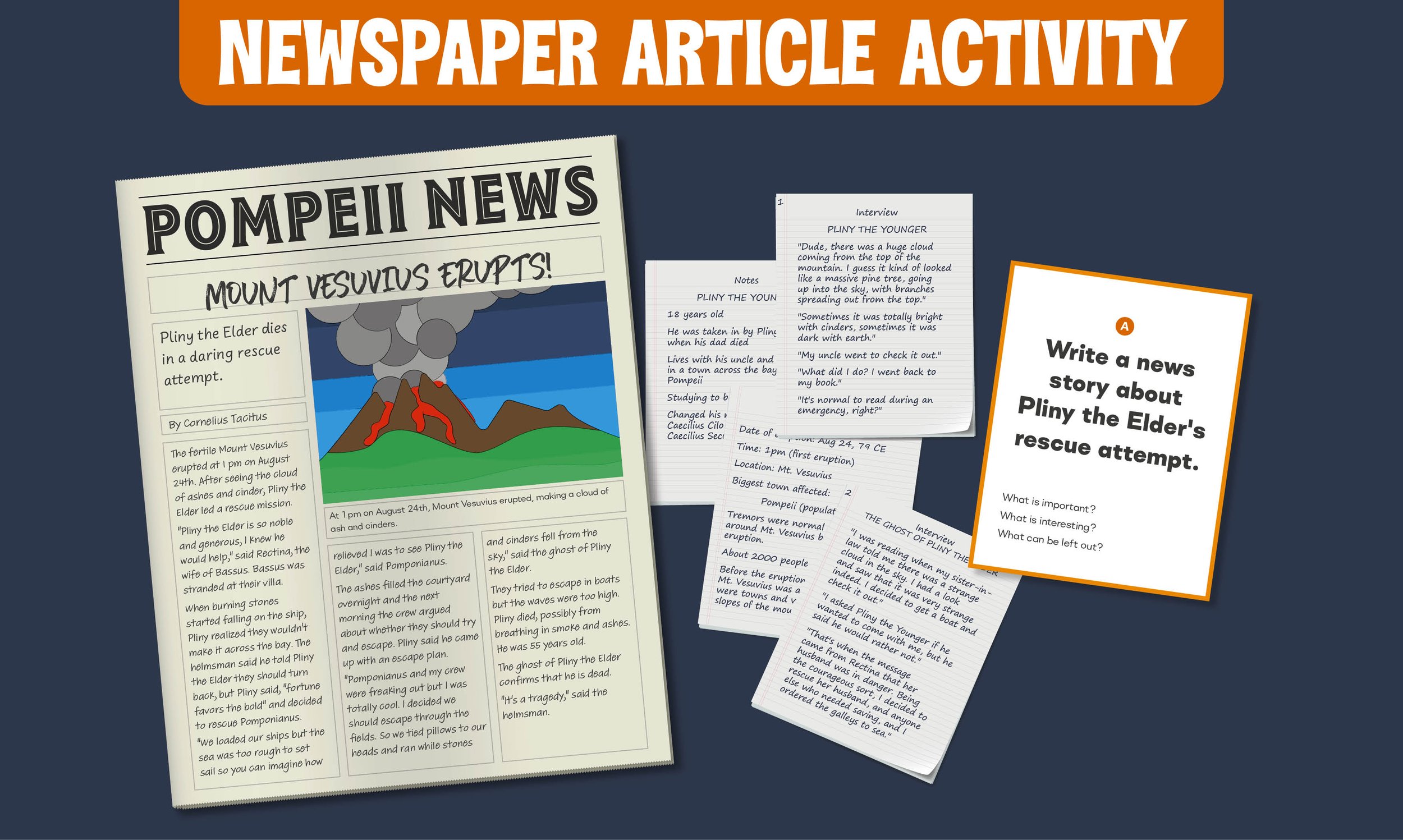
Mount Vesuvius Activity
Download a free article-writing resource for grades 3-6 about Pompeii and the volcanic eruption of 79 CE. The PDF includes witness interview notes (based on the accounts from the time) and templates for laying out the article on a newspaper page.
